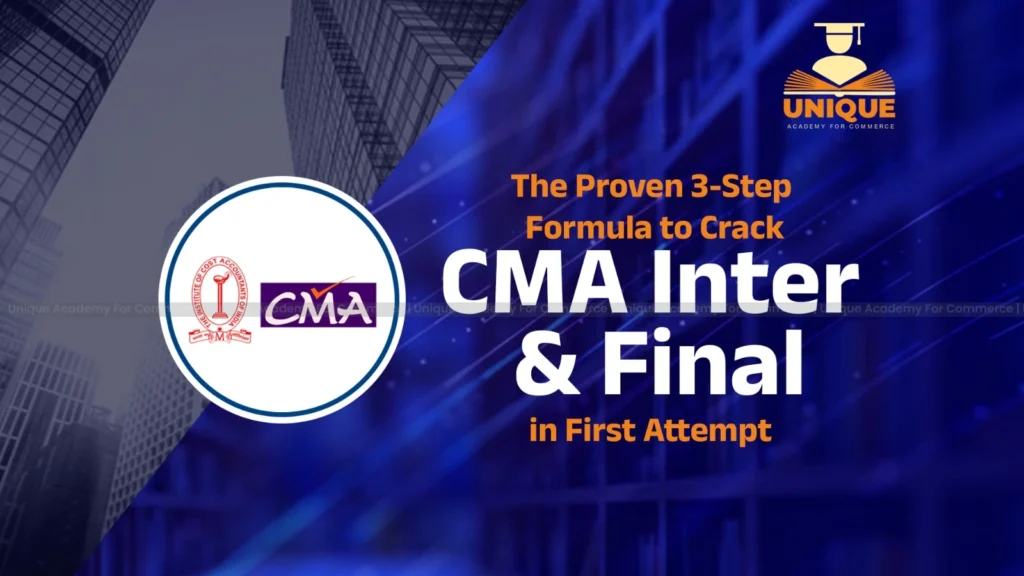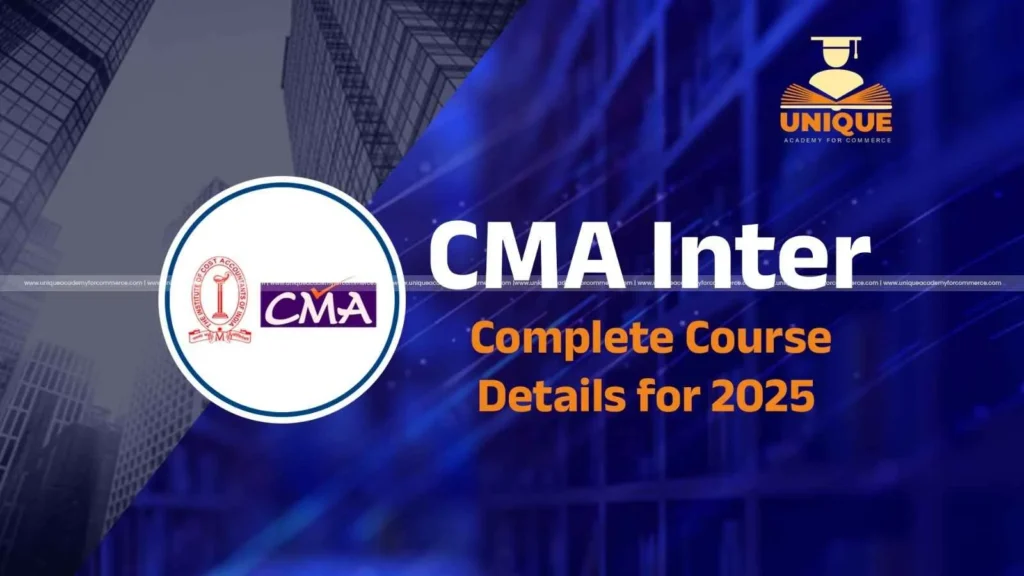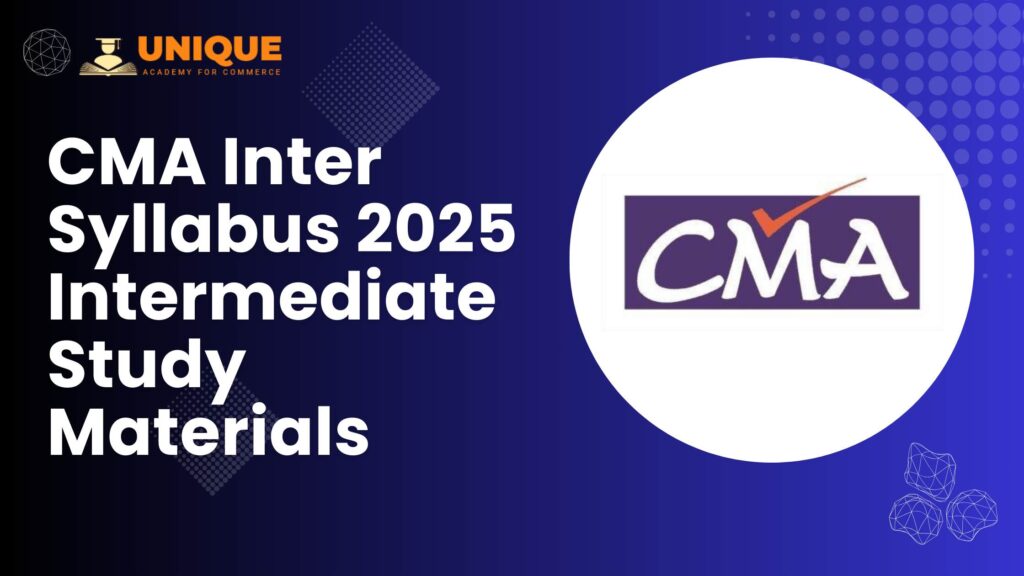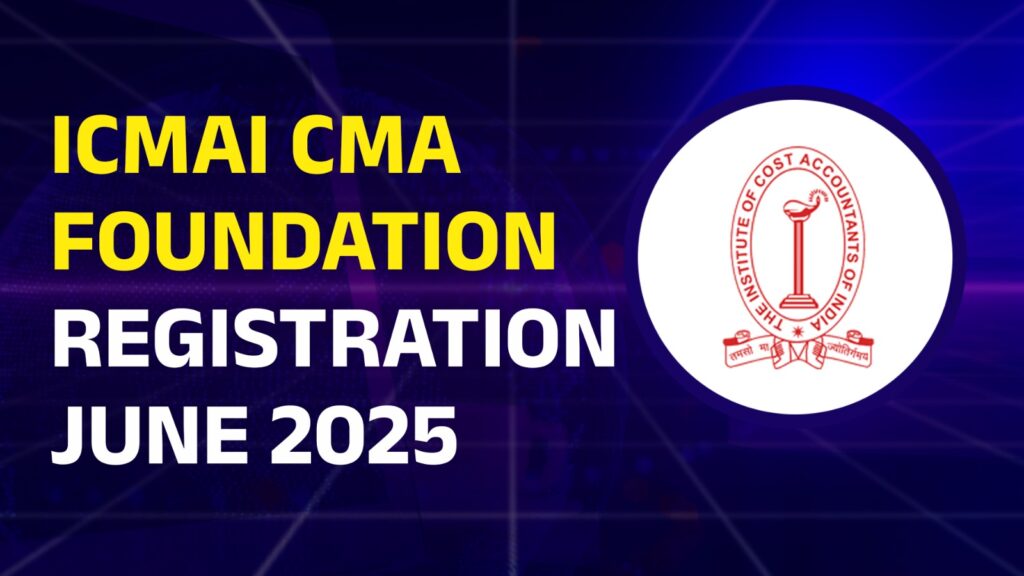What is the Cost Management Accountant CMA Salary in India?

Due to the growing demand for competent professionals in Finance and Accounting, CMA is a highly remunerative job. CMAs are important in cost management, such that organizations can manage their costs well and financial decisions made based on sound judgment. This has led to the issue of CMA salary in India becoming a discussion point among many people aspiring for careers in this field.
This article intends to delve into the various aspects that impact on CMA salary in India, the job profile of a CMA and the remuneration package offered by different organizations.
CMA Salary Factors in India:
The salaries of CMAs in India are structured by several elements. These characteristics are the level of experience, educational credential, field specialization, geography and organization’s size. The CMAs with more experience and higher qualifications receive a bigger pay than their colleagues are concerned.
Therefore, CMAs who work in sectors like manufacturing or healthcare are expected to receive a higher salary because of their specialized roles and the increased need for them. Geography also has a major impact on the pay that CMAs receive because cities with larger populations provide higher salaries than smaller towns.
Finally, organization size affects salary structure whereby giant firms often offer higher salaries to CMAs.
CMAs’ Job Description and Salary.
Functionally, a Cost Management Accountant is responsible for many different tasks directly affecting his/her pay. The role of CMAs is to analyze financial reports, make budget preparations, cost analysis and decision-making using the valuable insights they provide. They allow firms to minimize their costs redesign weak parts and stay within financial standards. Because of the importance of their job, CMAs are well paid for knowledge.
In India, a CMA’s salary varies from INR 5 to 20 lakhs per annum based on parameters specified above. Nevertheless, it should be stressed that the amount of salary indicated in this part is just an approximate value and real salaries may differ depending on specific factors such as personal circumstances or market changes.
CMA’s Company Wise Salary in India
In India, the salary provided to CMAs may differ significantly from one firm to another. Companies have different wage structures based on the ability of a company to pay, reputation in the industry and how much value is placed by an organisation for the role played by CMA.
In India, the some of high-paying industries for CMAs are banking and financial services, the manufacturing industry; the IT sector and consultancy. In these industries, top-rated firms like Deloitte, PwC Ernst & Young and KPMG are renowned for their highly attractive CMA salary packages.
It should also be noted that CMAs with dual qualifications such as Chartered Financial Analyst (CFA) or Certified Public Accountant (CPA) may secure residual high salaries. In general, an entry-level CMA in India can earn anywhere between INR 5 and 8 lakhs per annum while a senior level position will pay at least INR 20 lakhs.
Final thoughts:
Lastly, factors that affect a CMA’s salary in India include; experience level, qualification attained and the industry of specialization among others including location and size. CMAs are very vital in assisting organizations to manage costs and make informed financial decisions.
Consequently, they are adequately paid for their knowledge and abilities. The annual salary of a CMA in India may range from five to twenty lakhs, contingent upon the above-mentioned parameters. For the would-be CMAs, these are important considerations when assessing potential positions and negotiating their pay. Knowing the remuneration pattern and job description of CMAs in India will help people choose a successful career path for themselves.
For someone who wishes to become a Cost Management Accountant (CMA) in India, you need to arm yourself with the requisite skills and qualifications. Look through different organizations and industries to get an insight into the salary structure as well as the growth perspective. Alternatively, think about getting other certifications or specializations to increase your market value. Remember that being a CMA implies continuous learning and professional growth.
















